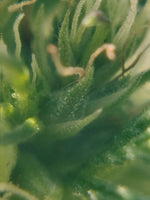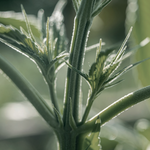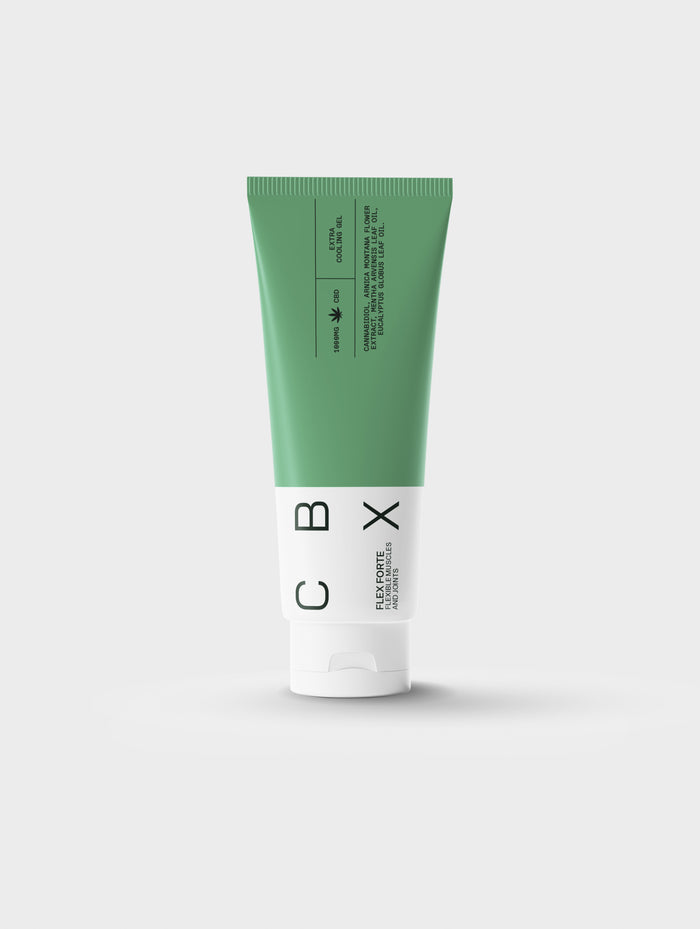Discovered in the mid-20th century, CBD is a cannabinoid that makes up cannabis sativa or cultivated hemp. It has been praised for many years for its many scientifically proven virtues.
Today, CBD is widely used by athletes. Moreover, many high-level sporting disciplines promote it, especially since new extraction methods make it possible to preserve the natural extracts of the hemp plant. But is CBD recommended for athletes? Isn't it considered a doping product and isn't its consumption illegal?
What is CBD?
CBD or cannabidiol is a cannabinoid present in the cultivated hemp plant. It would act on certain receptors in the brain linked to pain and anxiety. Moreover, CBD is recognized for its antidepressant, anti-inflammatory and anxiolytic properties.
In other words, it would have positive effects on:
- The stress.
- Anxiety.
- The Depression.
- Sleep disorders.
- Inflammations.
- Osteoarthritis pain and contractures.
- Etc.
For all these reasons, several countries have legalized CBD for several years.
Is CBD a doping product?
French law No. 65,412 of June 1, 1965 stipulates that: “Anyone who knowingly uses one of the substances determined by public administration regulations, with a view to or during a sporting competition, is considered doped. are intended to artificially and temporarily increase his physical capabilities and are likely to harm his health.”
The World Anti-Doping Agency (WADA) states that for a substance to be banned, "it must be a masking agent or meet two of the following three criteria: improve sporting performance, be a potential or real risk to health, represent a violation of the spirit of sport. »
A fortiori, cannabis is a doping product. It represents a health risk, it increases the athlete's performance and pushes the limits of pain. But what about cannabidiol? Is CBD doping? The answer is no. In 2018, the Anti-Doping Agency recognized it as a non-doping product authorized in the practice of sport.
Thus, today more than ever, CBD and CBD-based products are increasingly used in the sports environment. As proof, many sports organizations have validated the supposed benefits of CBD in sport. Starting with MMA or Mixed Martial Arts. Additionally, the Ultimate Fighter Championship (UFC) recently launched a program to monitor competing athletes to identify the benefits of cannabidiol in sport. This study will cover 8 years and will be carried out in partnership with Aurora Cannabis, the Canadian giant specializing in the production and distribution of cannabis for recreational and medical use.

What is the Anti-Doping Agency?
WADA or the World Anti-Doping Agency is an agency whose mission is to lead the global collaborative movement for doping-free sport.
The agency was created on November 10, 1999 in Lausanne following the Lausanne Declaration on doping in sport. In 1998, the International Olympic Committee (IOC) decided to organize a World Conference on Doping with all parties interested in the fight against doping after the events that shook cycling. The conference took place in Lausanne and resulted in the Declaration. WADA was created with the support and participation of intergovernmental organizations, governments, administrations and other public and private bodies engaged in the fight against doping in sport. It has an equal number of representatives from the Olympic movement and public authorities.
The slogan of the Anti-Doping Agency is fair play. It expresses the core values of the agency and serves as a guiding principle for athletes at all levels.
What should I look out for on the label?
Today, CBD and CBD derivative products are sold everywhere: in online shops, physical stores and in pharmacies .
However, not all products comply with the legislation governing the production, sale and transport of CBD. According to the law, any CBD product is only legal if it contains a THC level of less than 0.20% with a supporting certificate of analysis. Beyond this figure, the product is considered doping and therefore illegal. Its possession may result in the payment of a fine.
So, before buying CBD, it is essential to check the THC level. If this information is not on the label, the safest way to avoid buying performance-enhancing CBD is to choose CBD isolate, as it has no leftover CBD.

Why would CBD be recommended in sports?
The athlete's body, muscles and morale are put to the test. By acting on the endocannabinoid system (a set of neurotransmitters and receptors present in the body), CBD interacts with numerous biological functions.
Are there any risks to using CBD?
Taken in the recommended doses, CBD has no impact on the body or the athlete's performance.
Furthermore, the side effects of CBD (nausea, dizziness, tremors, drowsiness, drop in blood pressure, diarrhea, etc.) do exist, even if they are rare and minimal. Particularly in the event of an overdose or if it is taken with other medications or with alcohol. It is therefore important to remain vigilant on this point.
Do famous athletes consume CBD?
The answer is yes. Many well-known athletes in different disciplines consume CBD to strengthen their mind, improve their performance and promote recovery.
Athletes who include cannabidiol in their diet include:
- Nate Diaz, MMA fighter.
- Andrew Talansky, former cyclist.
- Floyd Landis, former professional cyclist. Today he sells cannabis and CBD.
- Amy Van Dyken, the six-time Olympic swimming champion.
- Alex Morgan, former Olympique Lyonnais footballer. She has her own brand of CBD created in association with Klay Thompson, American basketball player playing in the NBA; Travis Pastrana, American motorsport driver and Paul Rodriguez, professional skateboarder.
- Megan Rapinoe, American soccer player. She also developed her own brand of CBD.
- Lamar Odom and Paul Pierce, former NBA players.
- John Isner, tennis player. He is the face of a CBD-based drink.
Most often, these athletes use CBD in the form of oil or e-liquid in an electronic cigarette. But they also use it in other forms: cream, capsules, etc.











